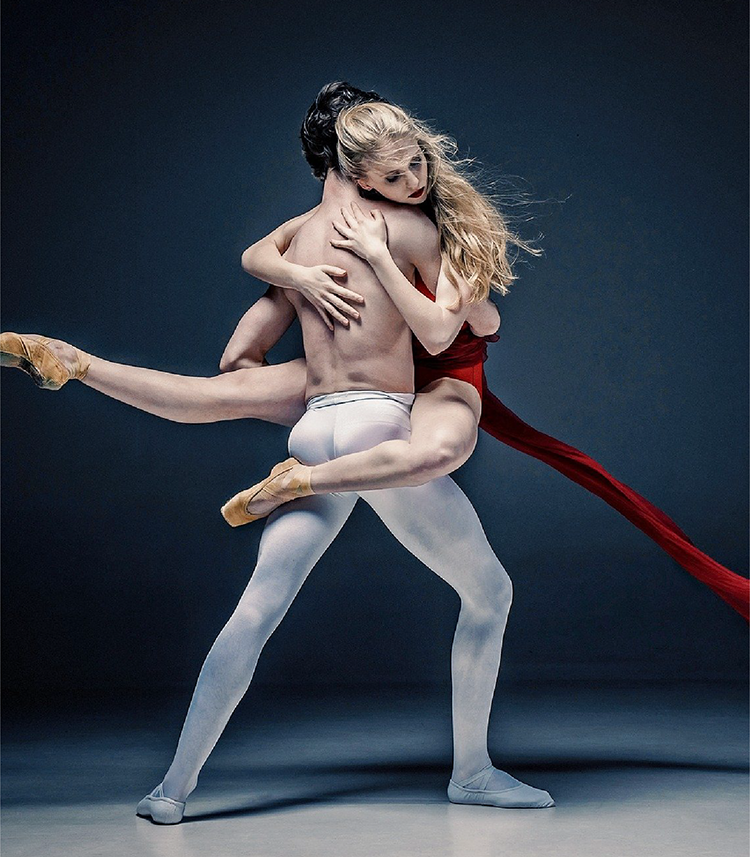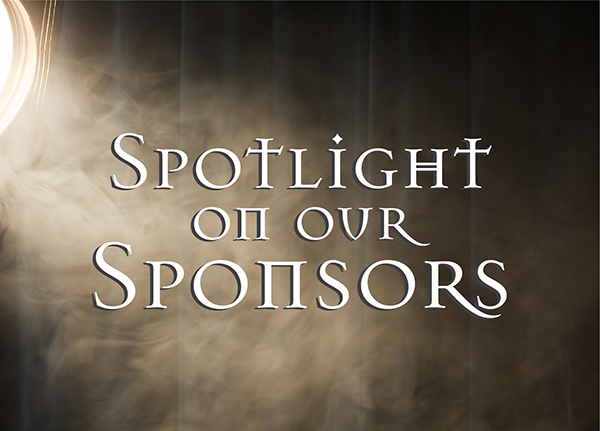

Proud supporter of the Bards Coliseum
Setting: Verona, Italy
Sometime in the fourteenth century.
And so it begins...
A street fight between Montague and Capulet servants who, like the masters they serve, are sworn enemies. Prince Escalus of Verona intervenes and declares that further breach of the peace will be punishable by death. Later, the head of the Capulet family plans a feast. His goal is to introduce his daughter Juliet to a Count named Paris who seeks to marry Juliet.
| Choreography | Annette deFunchetta | |
| Lighting Design | Jaquan Smellsy | |
| Costume Design | Brandon Hacksaw | |
| Scenic Artist | Gerlinda Hanks | |
| Music | Trank Byrd, Lame Cuckoo |
Despite his success, Macbeth, also aware of this part of the prophecy, remains uneasy. Macbeth invites Banquo to a royal banquet, where he discovers that Banquo and his young son, Fleance, will be riding out that night. Fearing Banquo's suspicions, Macbeth arranges to have him murdered, by hiring two men to kill them, later sending a Third Murderer, presumably to ensure that the deed is completed. The assassins succeed in killing Banquo, but Fleance escapes. Macbeth becomes furious: he fears that his power remains insecure as long as an heir of Banquo remains alive.
At the banquet, Macbeth invites his lords and Lady Macbeth to a night of drinking and merriment. Banquo's ghost enters and sits in Macbeth's place. Macbeth raves fearfully, startling his guests, as the ghost is only visible to him. The others panic at the sight of Macbeth raging at an empty chair, until a desperate Lady Macbeth tells them that her husband is merely afflicted with a familiar and harmless malady. The ghost departs and returns once more, causing the same riotous anger and fear in Macbeth. This time, Lady Macbeth tells the visitors to leave, and they do so. At the end Hecate scolds the three weird sisters for helping Macbeth, especially without consulting her. Hecate Instructs the Witches to give Macbeth false security. Note that some scholars believe the Hecate scene was added in later.
Setting: The Capulet house
The evening of the Capulet ball.
Wherefore art thou Romeo?
Meanwhile, Benvolio discovers that his cousin Romeo, Montague's son, is suffering from depression that stems from unrequited infatuation for a girl named Rosaline, one of Capulet's nieces. Persuaded by his cousin, Romeo attends the ball at the Capulet house in hopes of meeting Rosaline. However, Romeo instead meets and falls in love with Juliet.

Juliet's cousin, Tybalt, is enraged at Romeo for sneaking into the ball but is only stopped from killing him by Juliet's father, who does not wish to shed blood in his house. After the ball Romeo lingers near the Capulet orchard and overhears Juliet at her window vowing her love to him in spite of her family's hatred of the Montagues. Romeo makes himself known to her, and they agree to be married. With the help of Friar Laurence, who hopes to reconcile the two families through their children's union, they are secretly married the next day.
| Choreography | Alana Gault | |
| Lighting Design | Jaquan Smellsy, Missy Mccartney | |
| Dialect Coach | Gelisa Begleigh | |
| Scenic Artist | Gerlinda Hanks | |
| Music | Stewart Sanders Quartet |

this is a caption
We graciously give thanks for the continued support of our local sponsors and advertisers. Without you, we would be nothing!
 |
 |
 |
 |
 |


